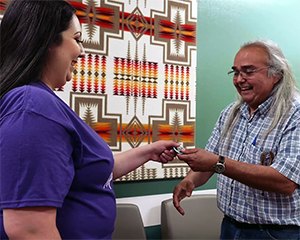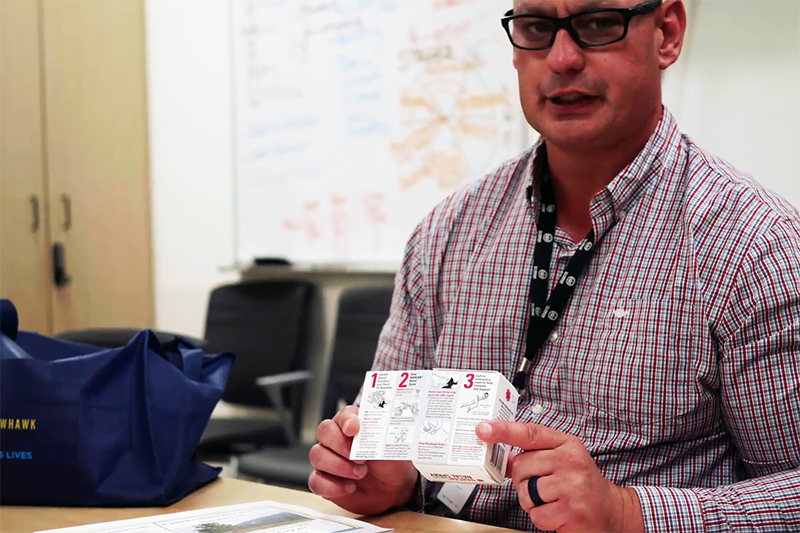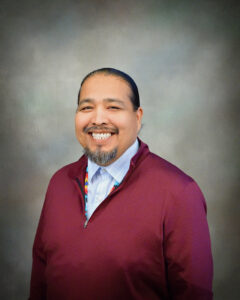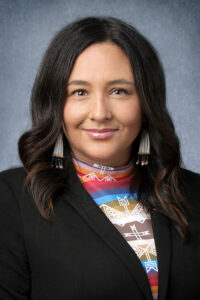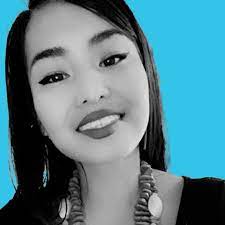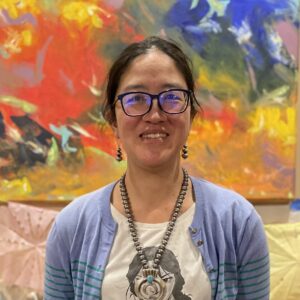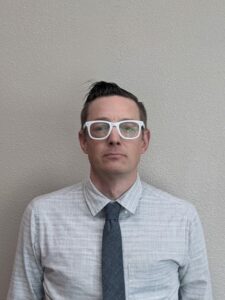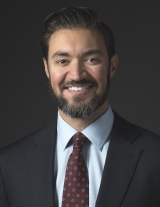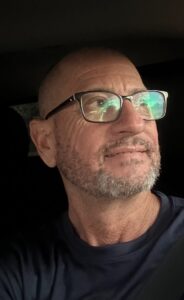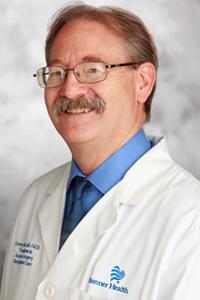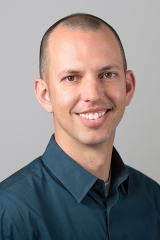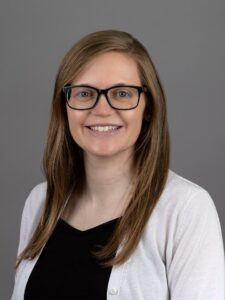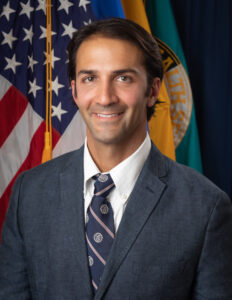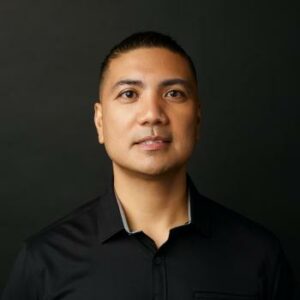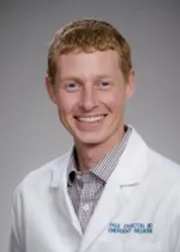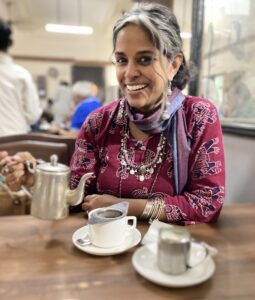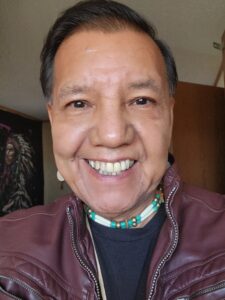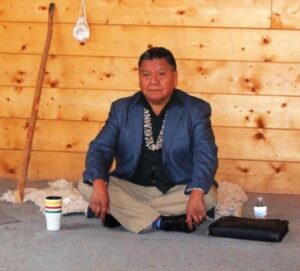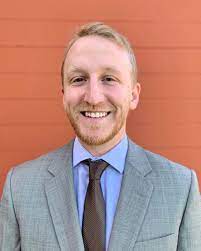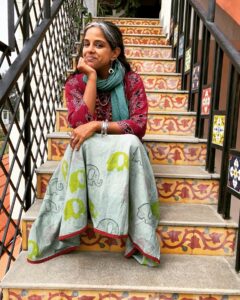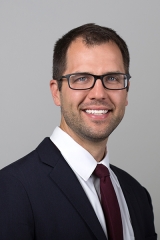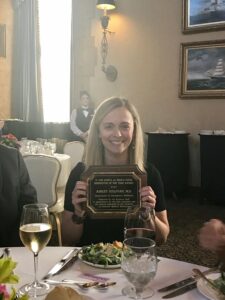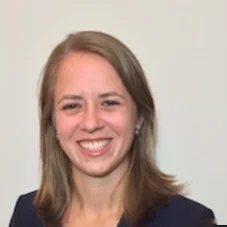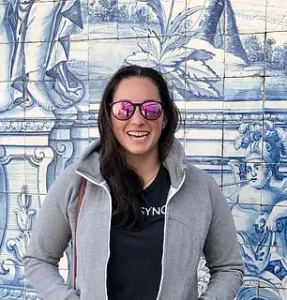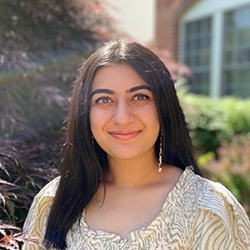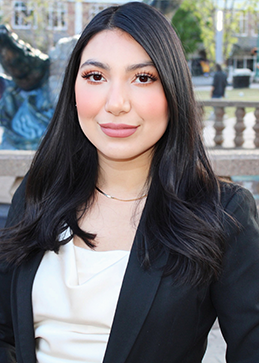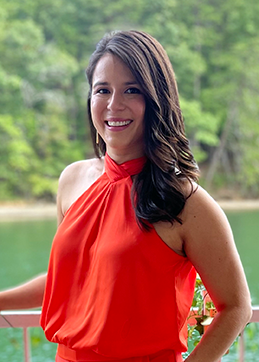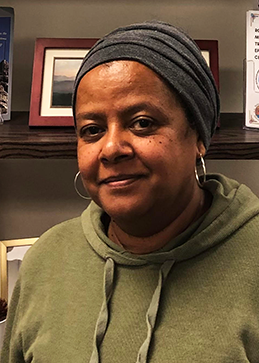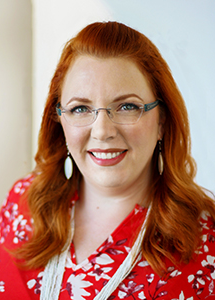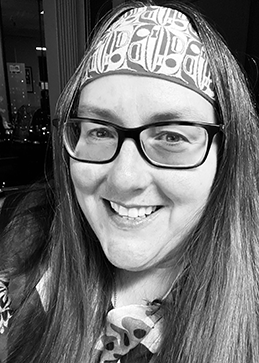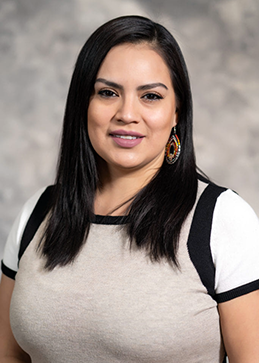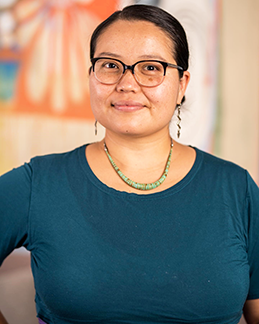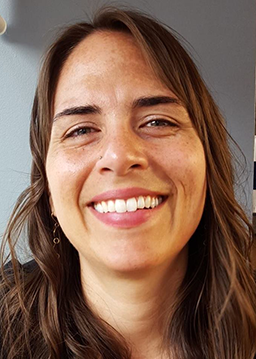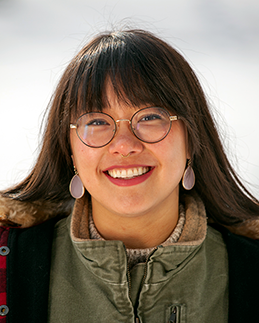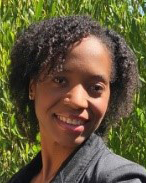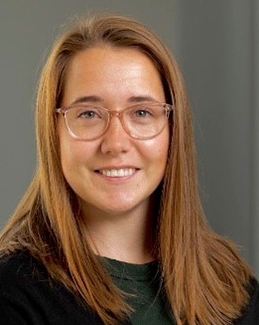Please note recordings of the hands-on skills and procedure day labs are not available
Presenter: Jennifer Cotton, MD, RDMS
Presenter Bio:
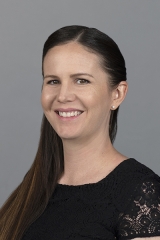 |
Dr. Cotton is an emergency physician at the University of Utah. She is also ultrasound faculty for the department of emergency medicine, the director of point of care ultrasound curriculum for the medical school, and the director of clinical ultrasound educator program for faculty. She graduated from medical school at the University of Kentucky College of Medicine. She completed her emergency medicine residency at the Ohio State University. She also completed a fellowship in emergency ultrasound at the University of Utah and the ACEP Teaching Fellowship after that. She has been passionate at ultrasound education since she was a medical student and involved on a national/international level for more than 10 years. She oversees the ultrasound training for more than 500 medical students each year and is involved training residents, fellows, and faculty across the medical center and many disciplines. In addition, she is the ultrasound curriculum director for the Rural, Underserved, and Tribal Point of Care Ultrasound Program where she is involved in ultrasound training for clinicians caring for patients in resource limited settings. |
Description: Thank you for attending Introduction to Point-of-Care Ultrasound: Core Applications and Beyond! This workshop was designed for both beginner and intermediate ultrasound users, as well as for all provider types. The workshop had 8 available stations with various core ultrasound applications.
-
eFAST
-
Focused Cardiac Ultrasound
-
Focused Thoracic Ultrasound
-
Focused Biliary Ultrasound
-
Introductory Soft Tissue/MSK
-
Ocular Ultrasound
-
Ultrasound Guided Nursing Skills
-
Introduction to Ultrasound Guided Basic Procedures
In preparation for your workshop, there were several online resources that you may have found helpful in preparing the foundation for basic point-of-care ultrasound applications. Please find below a list of resources for each of the hands-on stations.
If you are looking for any additional resources, please reach out!
eFAST
https://coreultrasound.com/knobology/
https://coreultrasound.com/efast/
https://coreultrasound.com/pneumothorax/
Focused Cardiac Ultrasound
https://coreultrasound.com/how-to-obtain-cardiac-windows/
https://coreultrasound.com/basic-cardiac-function/
Focused Thoracic Ultrasound
https://coreultrasound.com/how-to-perform-a-pulmonary-exam/
https://coreultrasound.com/b-lines/
https://coreultrasound.com/pleural-effusions-part-1/
https://coreultrasound.com/pneumothorax/
Focused Biliary Ultrasound
https://coreem.net/core/biliary-ultrasound/
Introductory Soft Tissue/MSK
https://coreultrasound.com/cellulitis-vs-abscess/
https://coreultrasound.com/nsti/
https://coreultrasound.com/msk-basics/
Ocular Ultrasound
https://coreultrasound.com/onsd/
https://coreultrasound.com/vd-rd/
Ultrasound Guided Nursing Skills
https://coreultrasound.com/bladder-volume-measurement/
https://coreultrasound.com/ultrasound-guided-peripheral-iv-access/
https://coreultrasound.com/confirmation-of-central-venous-catheter-placement/
Introduction to Ultrasound Guided Basic Procedures
http://www.emcurious.com/blog-1/2014/12/7/ultrasound-leadership-academy-introduction-to-procedural-ultrasound/
